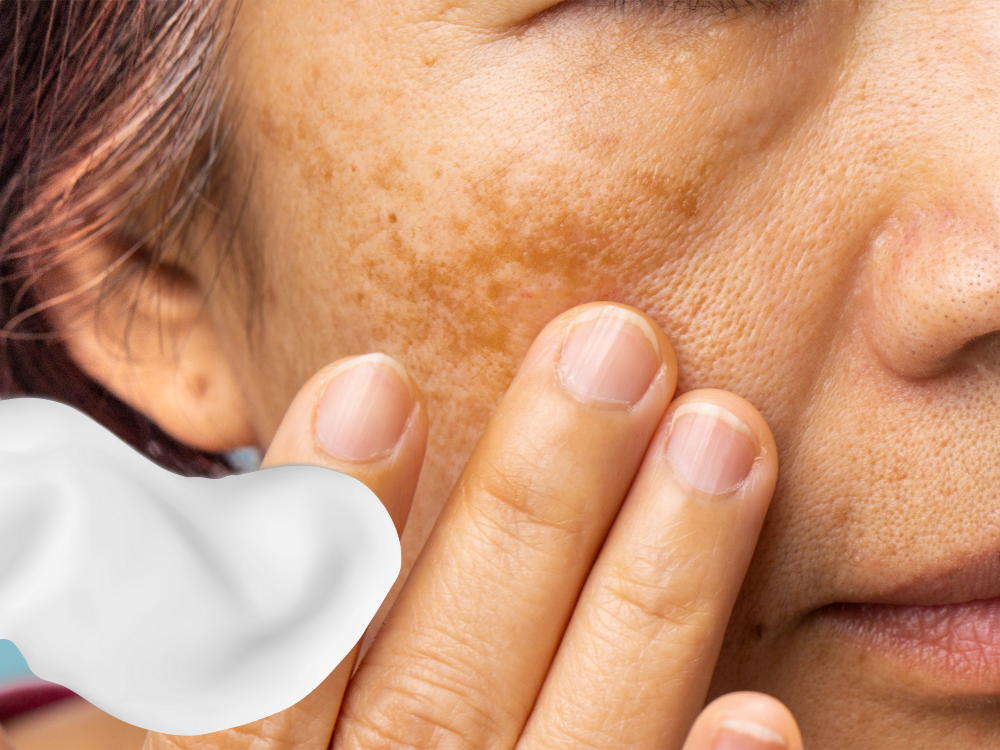
How to Protect Your Skin from Melasma with Sunscreen
Many women and men experience melasma or dark spots due to chronic sun exposure. Whether you have a slight case or a more severe one, wearing sunscreen every day is a must. Even if you think you are “inside all day” or “it’s raining today, so I don’t need sunscreen,” ultraviolet light is present no matter the weather, and it can even pass through window glass.
When you see “SPF 20” on a product, it only refers to protection against UVB radiation and does nothing to protect you from UVA radiation. UVA is highly implicated in skin cancer, dark spots, and premature aging. If you’re only using the SPF rating to choose your sunscreen, you’re missing the full picture. Sun protection must be “broad spectrum,” meaning it should protect against both UVA and UVB rays.
Two sunscreens that provide complete coverage of both rays are Anthelios with Mexoryl and Neutrogena with Helioplex. However, sunscreens with broad-spectrum coverage often leave a white, ashy residue on darker skin, making the complexion appear dull and sallow. Sunscreens with micronized titanium dioxide or zinc oxide minimize the white residue, making them more appealing to darker skin tones.
New Technology
New cosmetic technology has also developed sunscreens with high SPF in a tinted base. A couple of my favorites are Revision Intellishade SPF 45 (available in our office) and Laura Mercier Tinted Moisturizer SPF 20. These provide a small amount of tint to counteract the sallow appearance on darker skin tones. Both also offer an oil-free formulation, which is perfect for acne-prone patients.
If you’re trying to improve dark spots or melasma, you must be vigilant about using sun protection 365 days a year. If you’re seeing a dermatologist and receiving treatments like laser treatments, hydroquinone bleaching creams, retinoids, or peels for melasma, your skin is even more vulnerable to ultraviolet radiation.
My philosophy is simple: prevention is more important than treatment when it comes to your skin’s health. Practice sun avoidance and use the right sunscreen to protect your skin from further damage.


